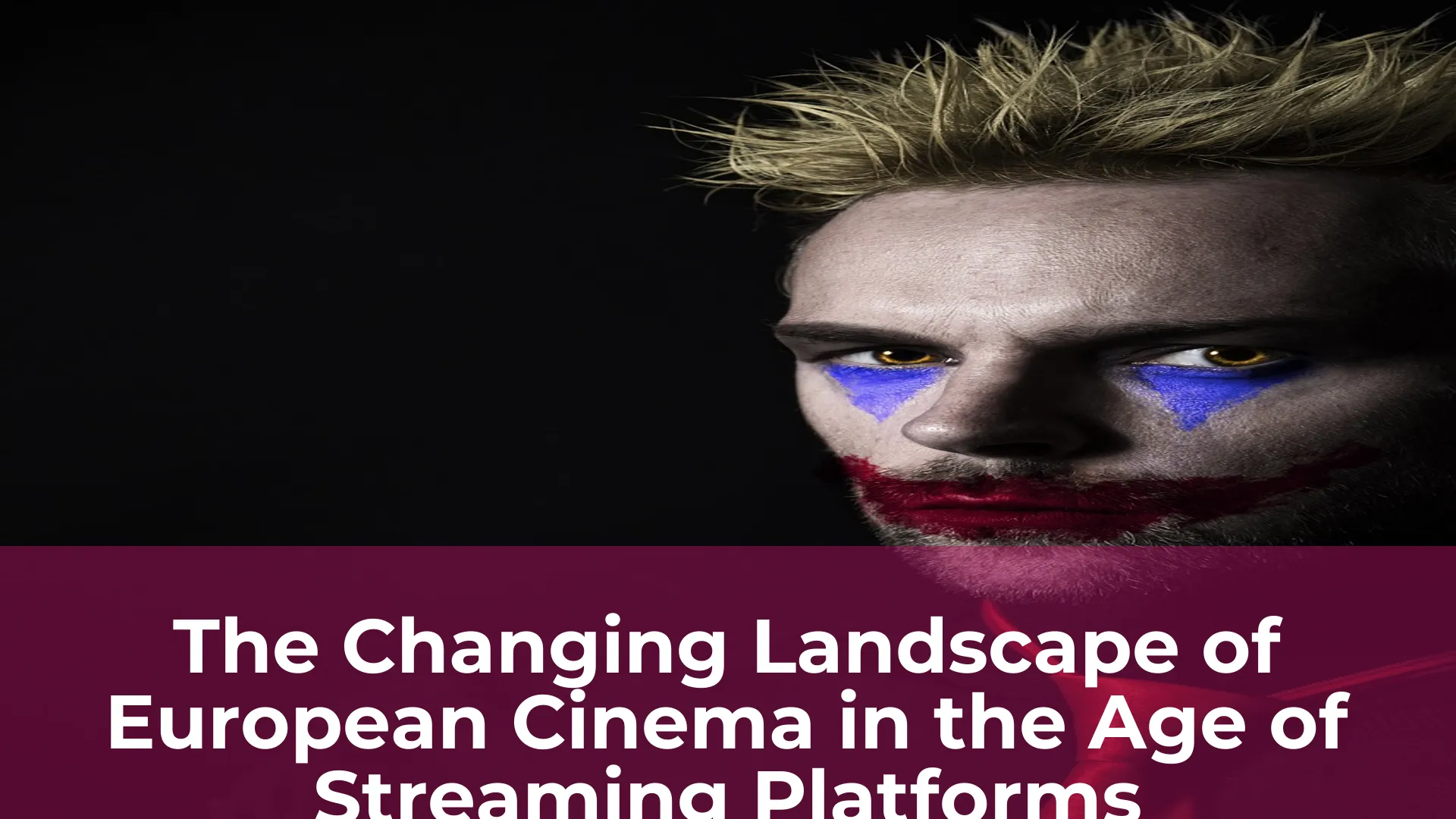Over the past decade, the European film industry has undergone a significant transformation due to the rise of streaming platforms. These platforms have not only impacted the way films are distributed and consumed but have also altered the way filmmakers approach their craft. With streaming services like Netflix, Amazon Prime, and Disney Plus now dominating the market, traditional cinema is facing a new challenge.
Streaming platforms have opened up a new avenue for European filmmakers to reach a global audience, breaking down geographical and language barriers. They offer an opportunity for independent and non-English language films to gain exposure and recognition beyond their home turf, which was once a significant challenge. However, this shift has also led to concerns about the quality and diversity of content being produced and distributed. As the market becomes saturated with more and more content, the need for high-quality, original and diverse productions has become more critical than ever before.
The Evolution of European Cinema
European cinema has undergone a remarkable evolution over the past century, reflecting the cultural, social, and political changes in the continent. From the early silent films of the 1900s to the modern-day blockbusters, European cinema has contributed greatly to the art of filmmaking. The emergence of new styles and techniques, the introduction of cutting-edge technologies, and the expansion of international collaborations have all played a significant role in shaping the evolution of European cinema.
One of the defining features of European cinema is its diversity and experimentation. Unlike Hollywood, European filmmakers have often been more willing to take risks and explore unconventional themes and narratives. The French New Wave movement of the 1950s and 60s, for example, challenged traditional storytelling and visual aesthetics, inspiring a new generation of filmmakers across the continent. Similarly, the rise of British social realism in the 1990s marked a departure from mainstream cinema, focusing on working-class characters and gritty urban landscapes.
Moreover, European cinema has also been a vehicle for political and social commentary. Films such as the German classic “The Lives of Others” and the Italian neorealist masterpiece “Bicycle Thieves” have addressed issues of totalitarianism, oppression, and poverty. European filmmakers have often used their craft to express dissent and critique the status quo, making their work not just entertainment but also a form of cultural and intellectual discourse.
The Rise of Streaming Platforms
The entertainment industry has undergone a massive transformation in recent years with the rise of streaming platforms. Gone are the days when people had to wait for their favorite TV shows or movies to be aired on specific dates and times. With the advent of streaming platforms, viewers have the convenience of watching their favorite content anytime, anywhere, and on any device. This shift has disrupted traditional TV and cinema business models, creating new opportunities and challenges in the industry.
The growth of streaming platforms can be attributed to various factors, including the proliferation of high-speed internet and the increasing popularity of smartphones and other mobile devices. Viewers are now looking for an immersive and personalized experience that traditional TV and cinema cannot provide. Streaming platforms like Netflix, Disney+, and Amazon Prime Video have capitalized on this trend by offering a vast library of content that can be accessed on-demand, and at an affordable subscription price.
The rise of streaming platforms has had a significant impact on the entertainment industry, from production to distribution. Streaming platforms have become major players in content production, investing heavily in original content to attract and retain subscribers. Additionally, streaming platforms have disrupted traditional distribution models, leading to increased competition and innovation in the industry. As streaming platforms continue to grow, it will be interesting to see how the industry adapts to this new landscape.

